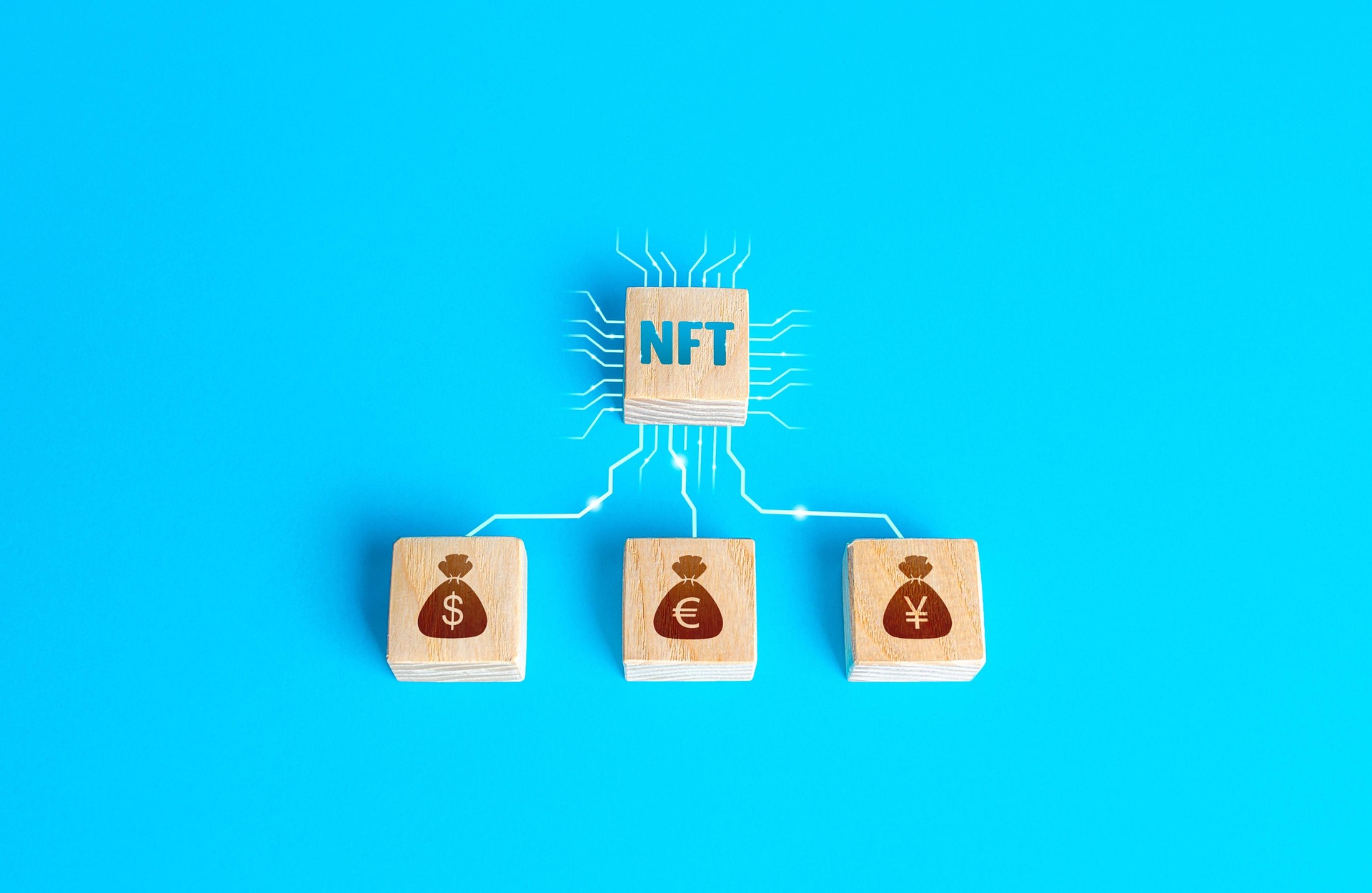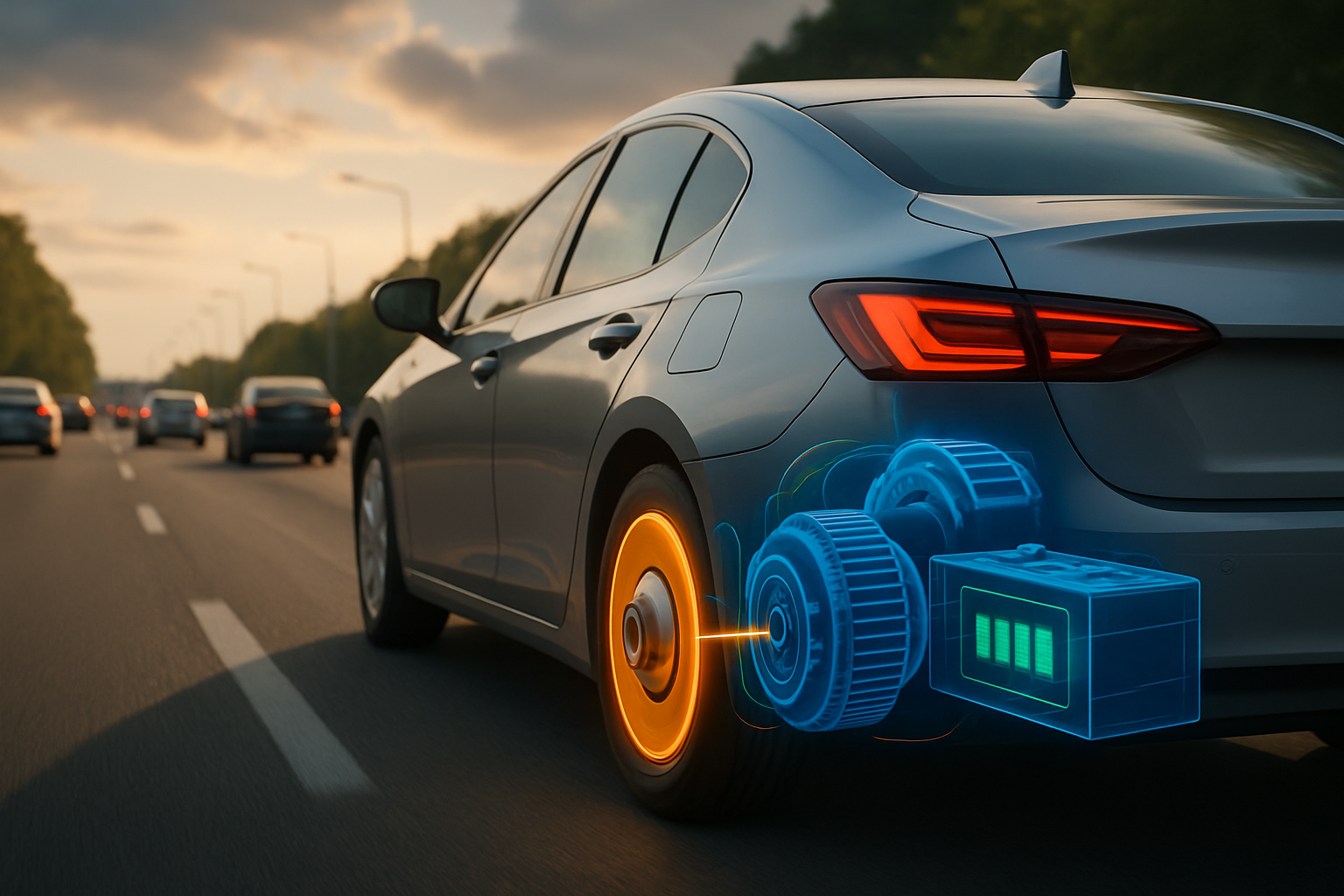Title: Legal Implications of Decentralized Autonomous Organizations
The rise of blockchain technology has ushered in a new era of organizational structures, challenging traditional legal frameworks. Decentralized Autonomous Organizations (DAOs) represent a novel form of collective governance, operating through smart contracts on blockchain networks. This innovative approach to organization and decision-making presents unique legal challenges and opportunities, requiring a reevaluation of existing laws and regulations.

Historical Context and Development
The concept of DAOs emerged in the mid-2010s, with The DAO being the first high-profile implementation in 2016. Despite its eventual failure due to a code exploit, The DAO sparked widespread interest in decentralized governance models. Since then, numerous DAOs have been created for various purposes, from investment funds to social impact projects.
Legal Status and Recognition
One of the primary legal challenges facing DAOs is their lack of clear legal status in most jurisdictions. Traditional legal systems are designed to recognize and regulate entities with centralized leadership and clear geographical locations. DAOs, by their nature, operate globally and lack a centralized authority, making it difficult to determine their legal standing or the applicable jurisdiction for disputes.
Liability and Responsibility
The decentralized nature of DAOs raises complex questions about liability. In traditional organizations, directors and officers can be held responsible for the entity’s actions. However, in a DAO, decision-making is distributed among token holders, complicating the assignment of legal responsibility. This ambiguity creates challenges in scenarios involving contract disputes, regulatory compliance, or potential damages caused by DAO activities.
Regulatory Compliance
DAOs often operate in regulatory gray areas, particularly concerning securities laws and financial regulations. Many DAOs issue tokens that could potentially be classified as securities, subjecting them to strict regulatory requirements. The global nature of DAOs further complicates compliance, as they may inadvertently violate laws in multiple jurisdictions simultaneously.
Governance and Decision-Making
The governance structures of DAOs present unique legal considerations. While DAOs aim for democratic decision-making, questions arise about the enforceability of smart contract-based voting outcomes in traditional legal systems. Additionally, the potential for voter apathy or concentration of voting power in the hands of a few large token holders raises concerns about the true decentralization and fairness of DAO governance.
Intellectual Property Rights
Intellectual property (IP) management within DAOs presents another legal challenge. Traditional IP laws assume centralized ownership and control, which conflicts with the decentralized nature of DAOs. Determining how to protect, license, and enforce IP rights in a decentralized context requires new legal frameworks and approaches.
Taxation and Financial Reporting
The decentralized and often pseudonymous nature of DAOs complicates tax compliance and financial reporting. Traditional tax systems are not equipped to handle entities without a clear legal domicile or identifiable leadership. This creates challenges for both DAOs seeking to comply with tax laws and for tax authorities attempting to enforce them.
Legal Innovations and Adaptations
In response to these challenges, legal innovators and policymakers are exploring new approaches to accommodate DAOs within existing legal frameworks. Some jurisdictions, such as Wyoming in the United States, have introduced legislation recognizing DAOs as legal entities. These efforts aim to provide clarity on issues such as limited liability for members and legal recognition of smart contract-based governance.
Future Legal Landscape
As DAOs continue to evolve and gain prominence, the legal landscape surrounding them is likely to undergo significant changes. Lawmakers and regulators will need to balance innovation with consumer protection and market stability. This may lead to the development of new legal doctrines and regulatory frameworks specifically tailored to decentralized entities.
The emergence of Decentralized Autonomous Organizations represents a fascinating intersection of technology, governance, and law. As these entities continue to challenge traditional notions of organization and decision-making, the legal system must adapt to address the unique challenges they present. The ongoing evolution of DAO-related law will likely shape the future of organizational structures and governance models in the digital age, potentially leading to more transparent, democratic, and efficient systems of collective action.






